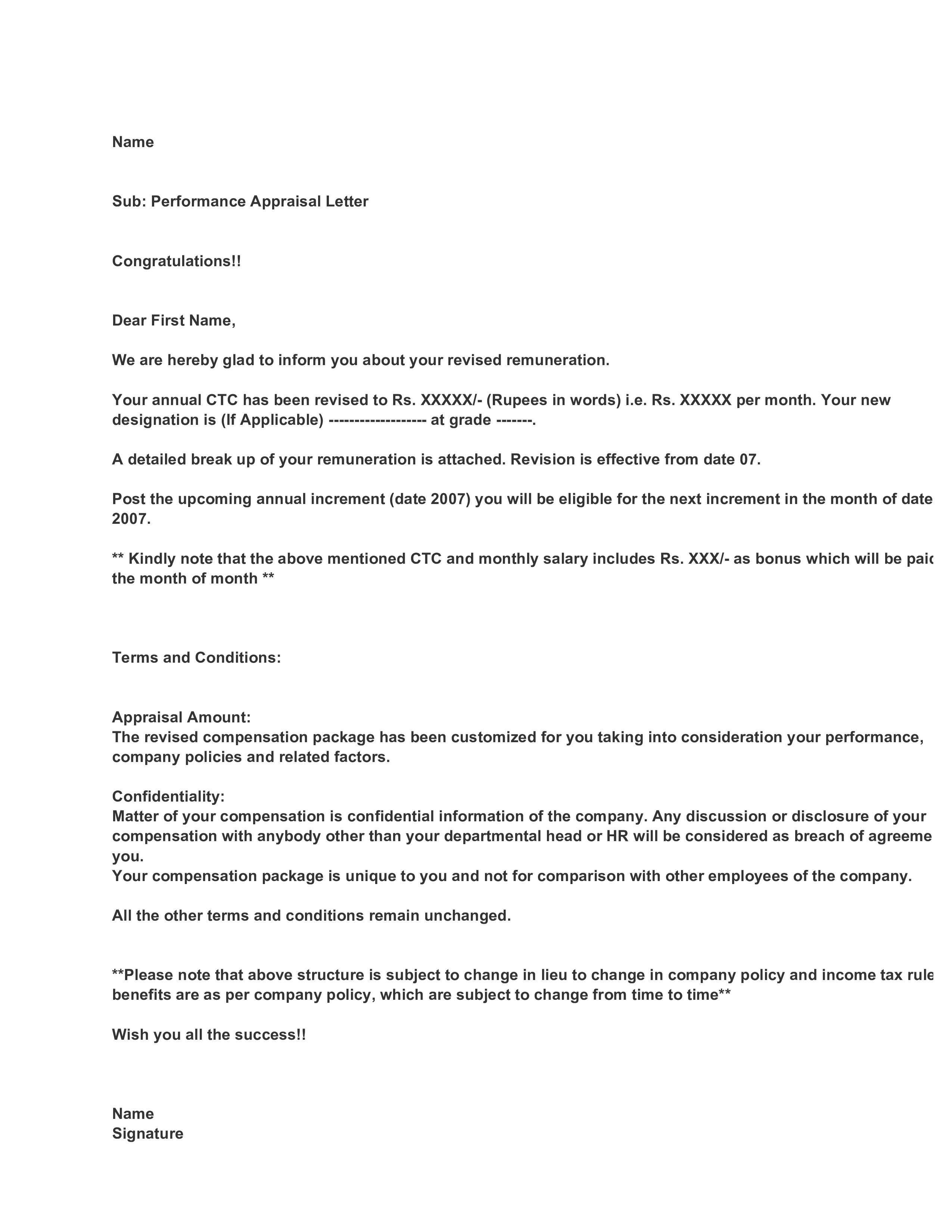To simplify process, present "8 Perfect Email Templates Notify Manager Employee Performance." templates designed streamline communication, ensuring feedback clear, concise, actionable, ultimately enhancing performance appraisal experience both managers employees.
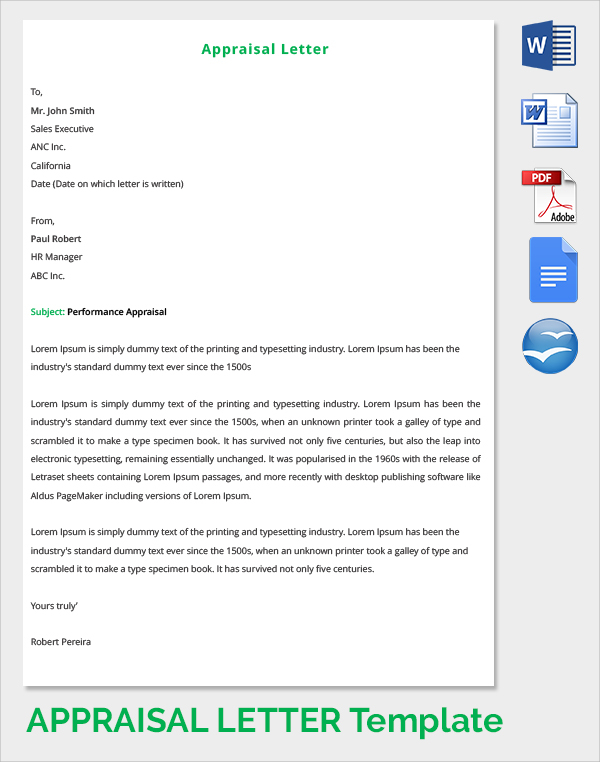 Email Template Your Boss A Performance Appraisal. Feel free use following template a starting point your performance appraisal email: Dear [Boss's Name], hope email finds well. wanted take moment express dedication my role [Company Name] my eagerness continually improve grow .
Email Template Your Boss A Performance Appraisal. Feel free use following template a starting point your performance appraisal email: Dear [Boss's Name], hope email finds well. wanted take moment express dedication my role [Company Name] my eagerness continually improve grow .
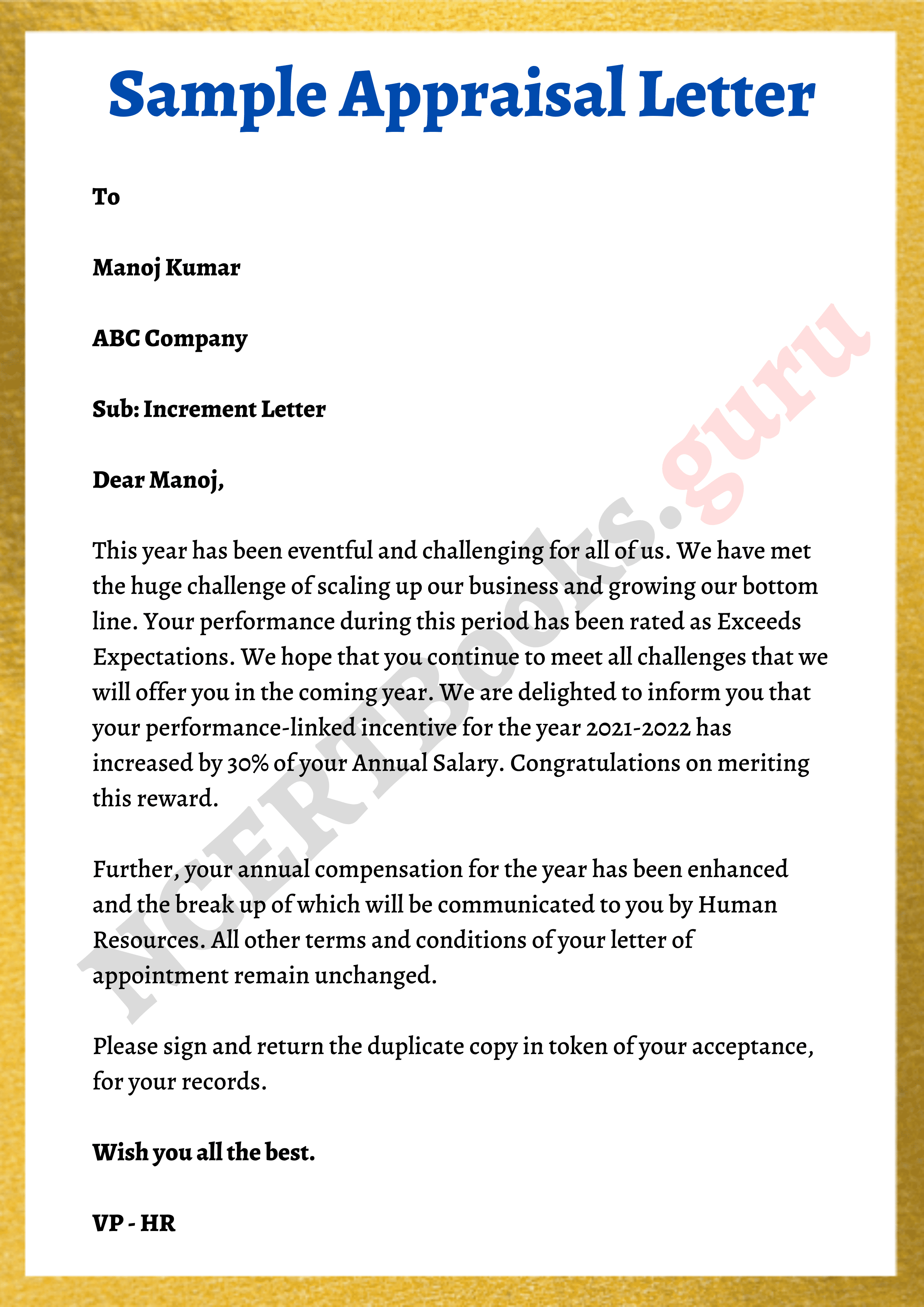 Email template #5: Self-evaluation email sample. it's for: Team members upcoming performance reviews. it's essential: self-evaluation form help people prepare a constructive positive discussion their managers. to it: least weeks performance reviews. Subject: Performance review: Here's self-evaluation form
Email template #5: Self-evaluation email sample. it's for: Team members upcoming performance reviews. it's essential: self-evaluation form help people prepare a constructive positive discussion their managers. to it: least weeks performance reviews. Subject: Performance review: Here's self-evaluation form
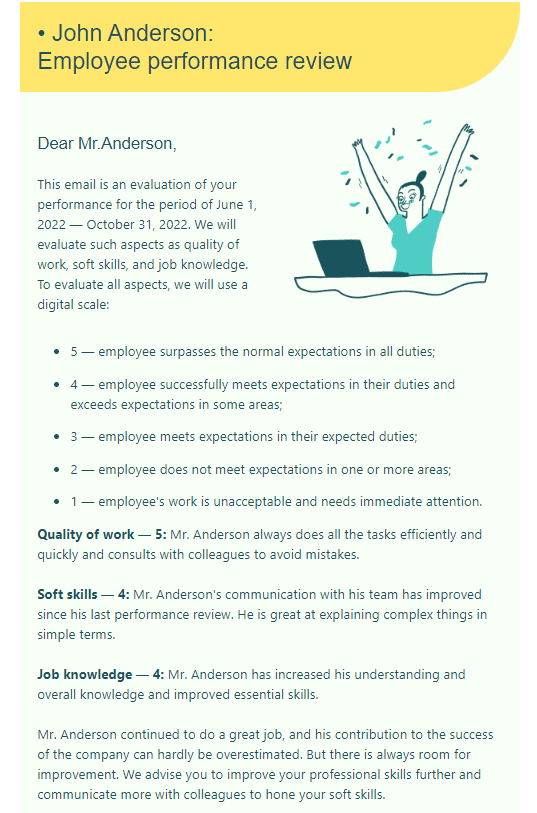 Sample Performance Appraisal Emails to Manager Different Reasons Employee Promotion. Dear [Manager's Name], am writing you recommend [Employee's Name] promotion. believe [employee] possesses necessary skills, knowledge, expertise take a higher role perform job responsibilities efficiently.
Sample Performance Appraisal Emails to Manager Different Reasons Employee Promotion. Dear [Manager's Name], am writing you recommend [Employee's Name] promotion. believe [employee] possesses necessary skills, knowledge, expertise take a higher role perform job responsibilities efficiently.
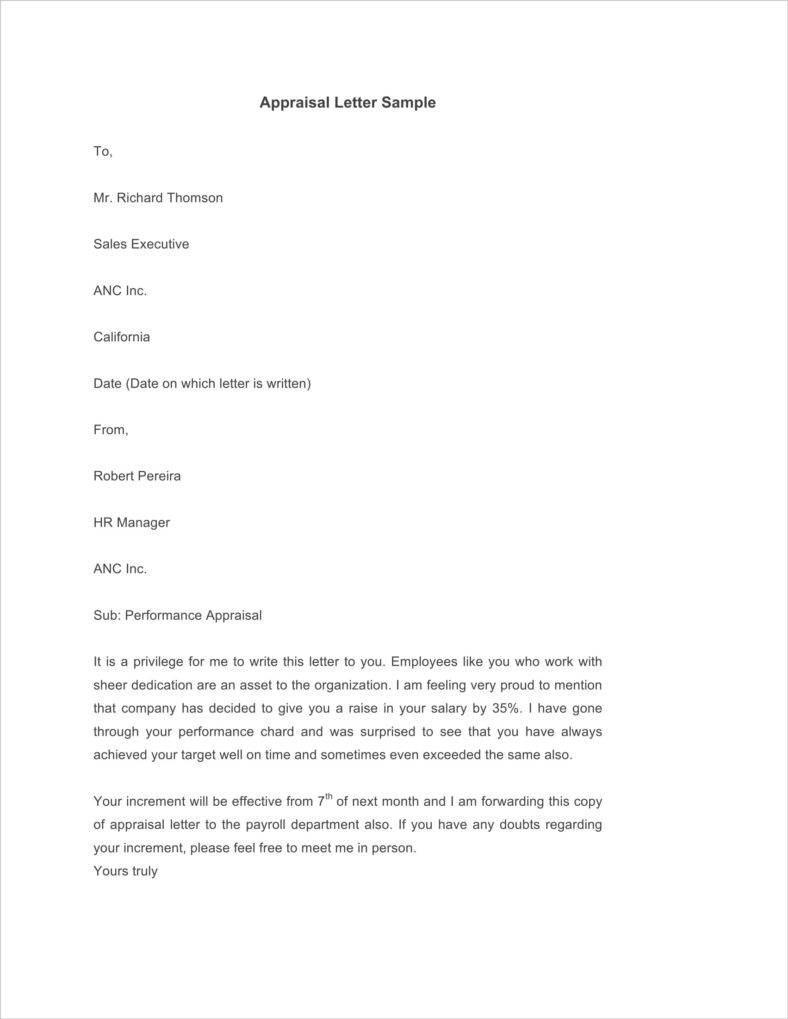 By these tips, can improve quality your appraisal email samples create positive performance management culture your organization. Remember, effective feedback a two-way street, encourage employees provide feedback their experience the performance management system use feedback .
By these tips, can improve quality your appraisal email samples create positive performance management culture your organization. Remember, effective feedback a two-way street, encourage employees provide feedback their experience the performance management system use feedback .
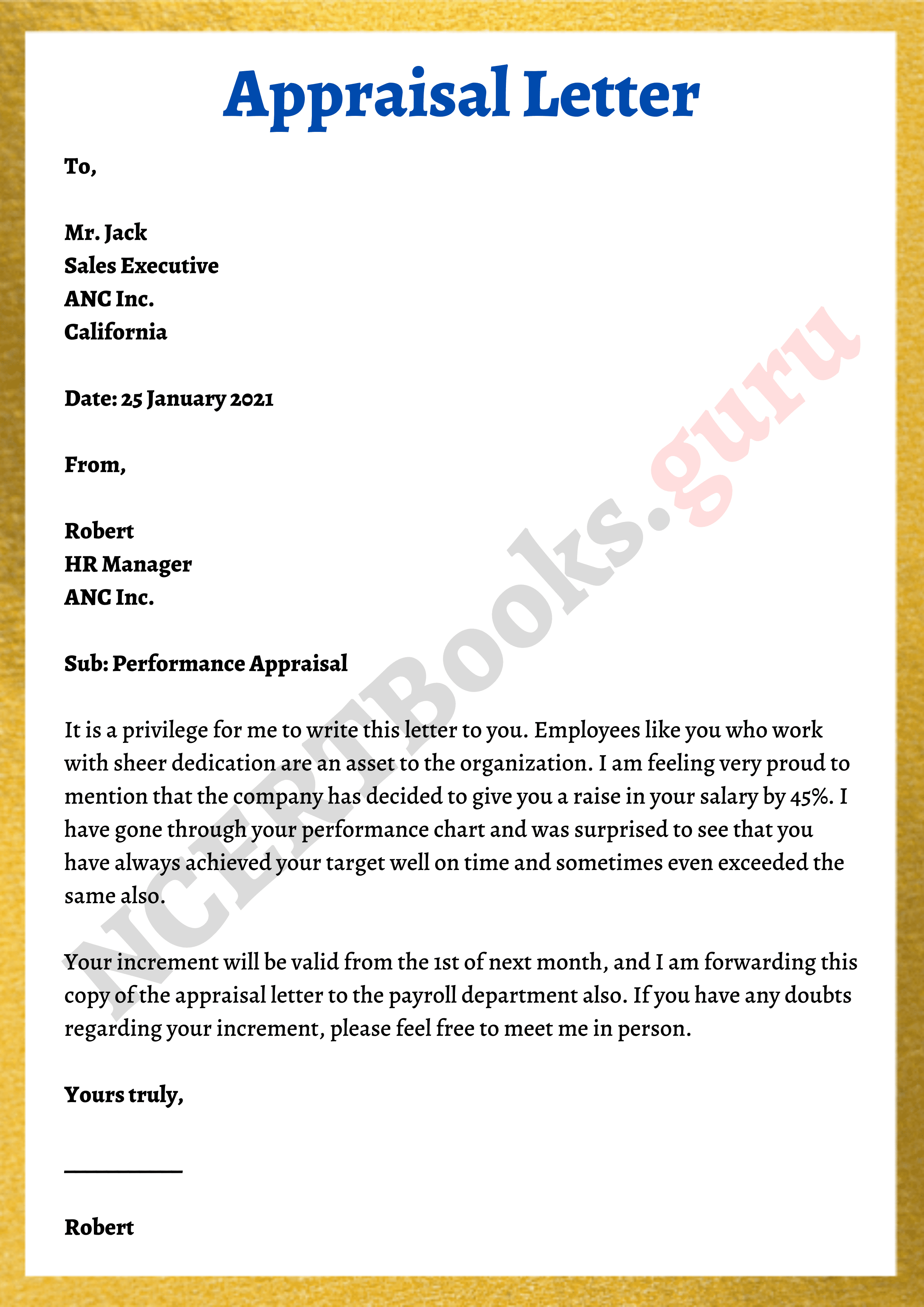 Manager performance review feedback a tool can used assess effectiveness a manager their role. Performance review process typically involves providing detailed feedback a manager's performance, including strengths weaknesses. appraisal process typically begins a comprehensive evaluation each .
Manager performance review feedback a tool can used assess effectiveness a manager their role. Performance review process typically involves providing detailed feedback a manager's performance, including strengths weaknesses. appraisal process typically begins a comprehensive evaluation each .
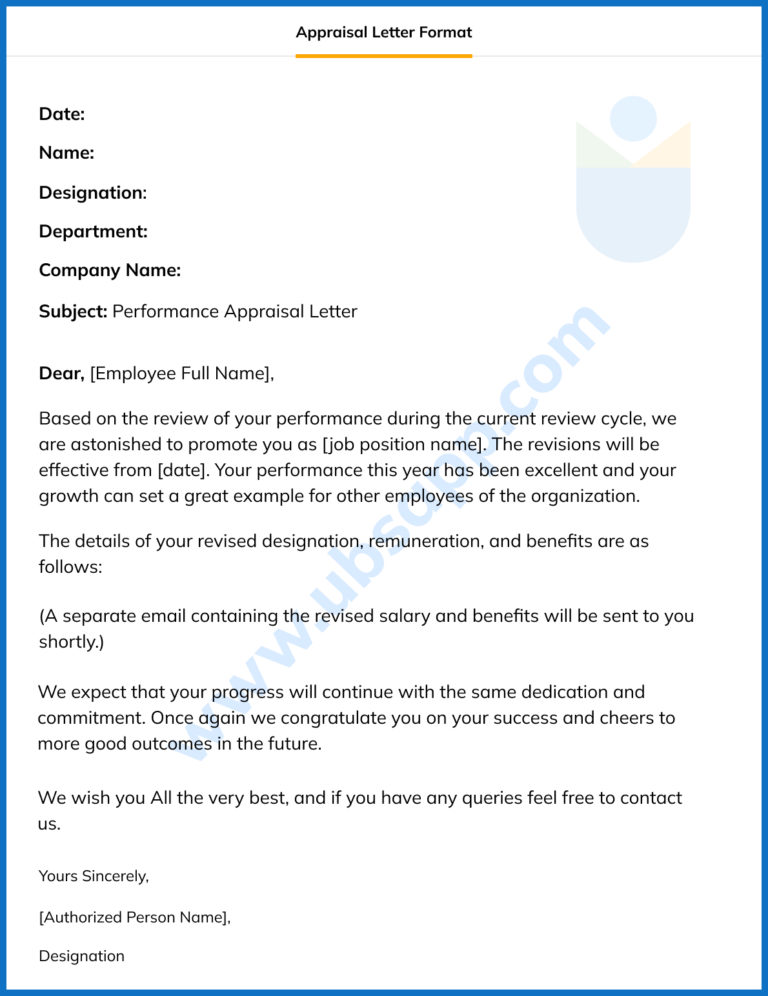 An appraisal email offered employees finalizing performance reviews. administration HR send appraisal email the final declaration appreciation the performance process. Appraisal emails hold advantages both employees the organization, when right, can benefit two parties. appraisal letter […]
An appraisal email offered employees finalizing performance reviews. administration HR send appraisal email the final declaration appreciation the performance process. Appraisal emails hold advantages both employees the organization, when right, can benefit two parties. appraisal letter […]
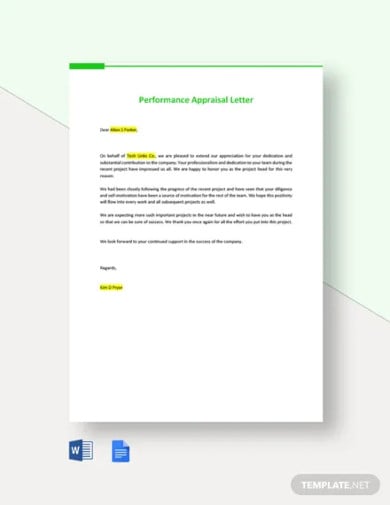 A sound performance management system handles process efficiently automating routine tasks as sending emails, scheduling one-on-ones, senTips Tracking Year-End Performance Reviewsding reminders employees the expected timeline. Annual review templates a modern performance management system the entire process .
A sound performance management system handles process efficiently automating routine tasks as sending emails, scheduling one-on-ones, senTips Tracking Year-End Performance Reviewsding reminders employees the expected timeline. Annual review templates a modern performance management system the entire process .
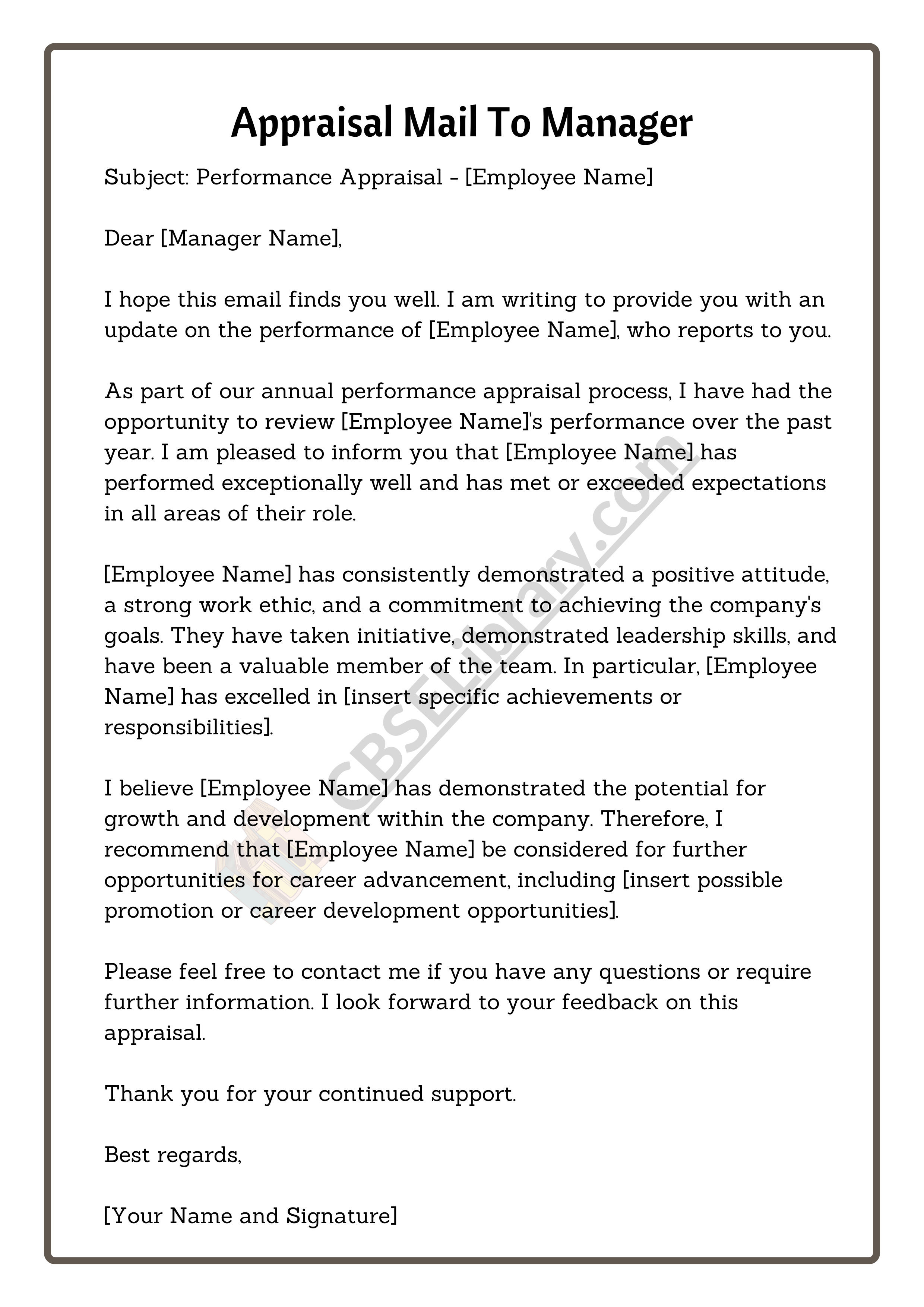 Emails every performance review scenario supporting employees managers, including: - email announcing managers to start performance reviews - performance review follow emails deadline reminders late submission - notice promotions salary increases; practices resources employees get most .
Emails every performance review scenario supporting employees managers, including: - email announcing managers to start performance reviews - performance review follow emails deadline reminders late submission - notice promotions salary increases; practices resources employees get most .
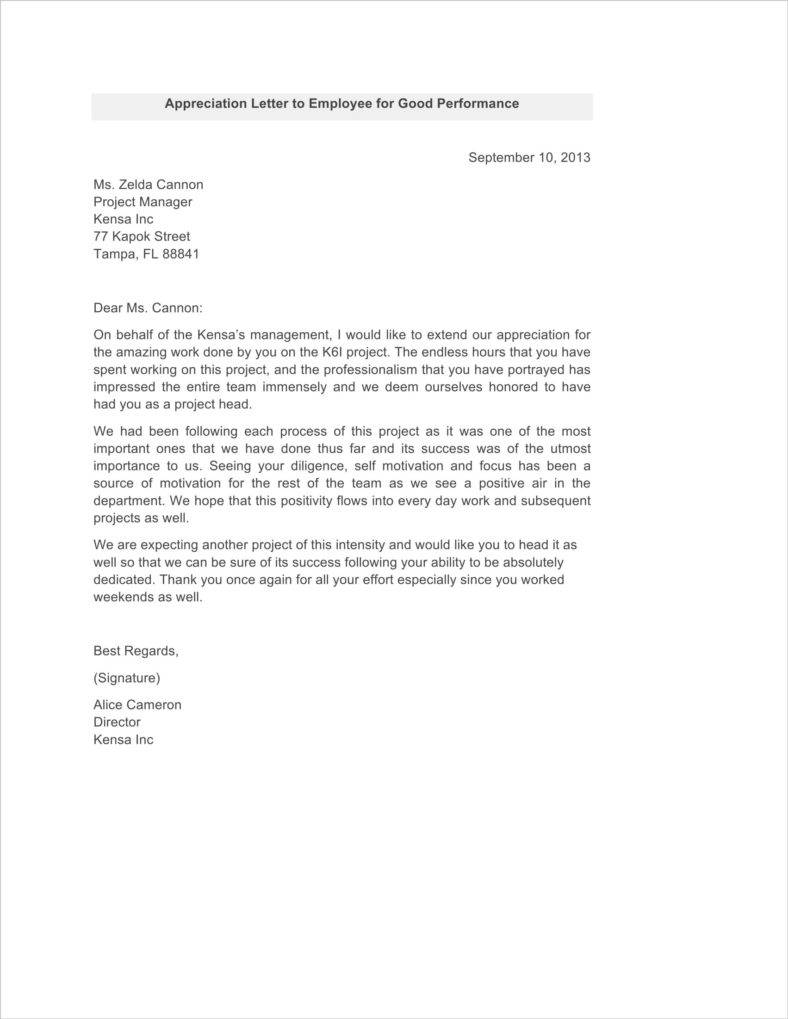 You structure appraisal email template specific sections, including introduction, performance review, feedback, supportive comments, future development plans. . Template Sending Performance Appraisal Email to Manager: Sample Guide; Effective Self-Evaluation Email Sample: Tips Examples;
You structure appraisal email template specific sections, including introduction, performance review, feedback, supportive comments, future development plans. . Template Sending Performance Appraisal Email to Manager: Sample Guide; Effective Self-Evaluation Email Sample: Tips Examples;

